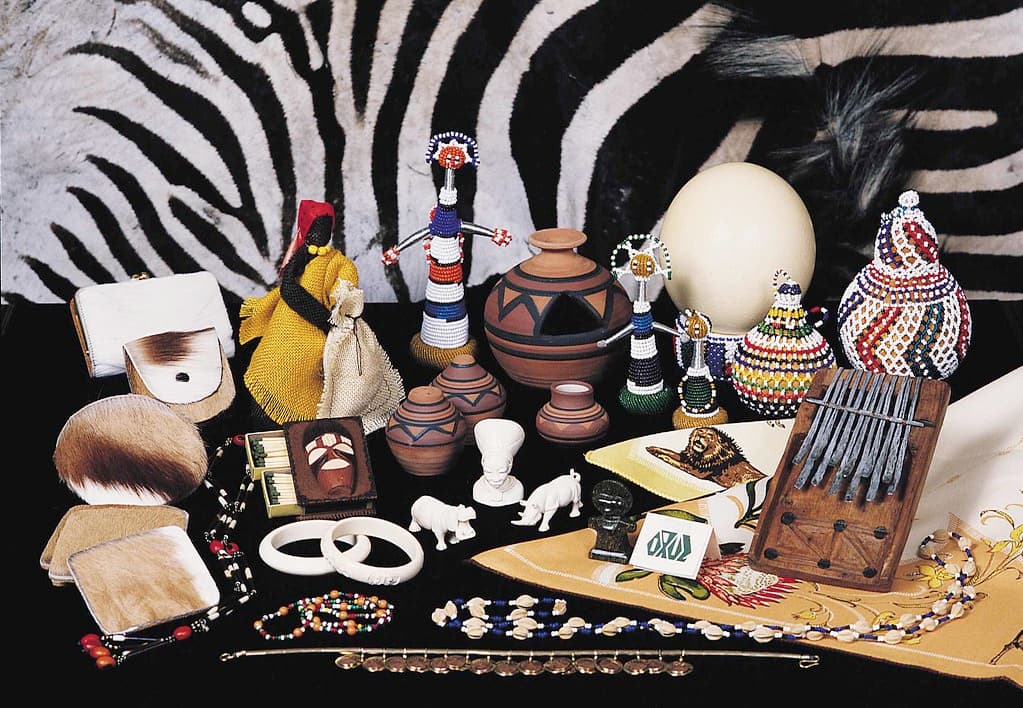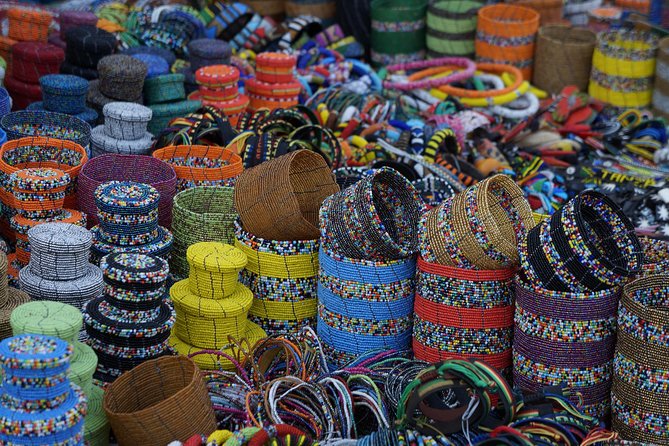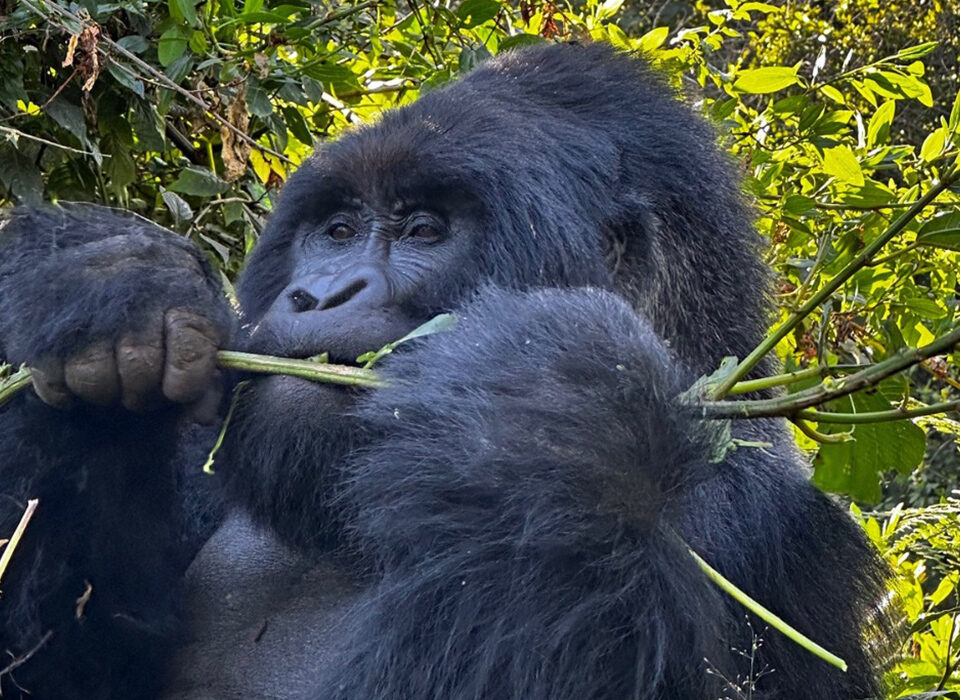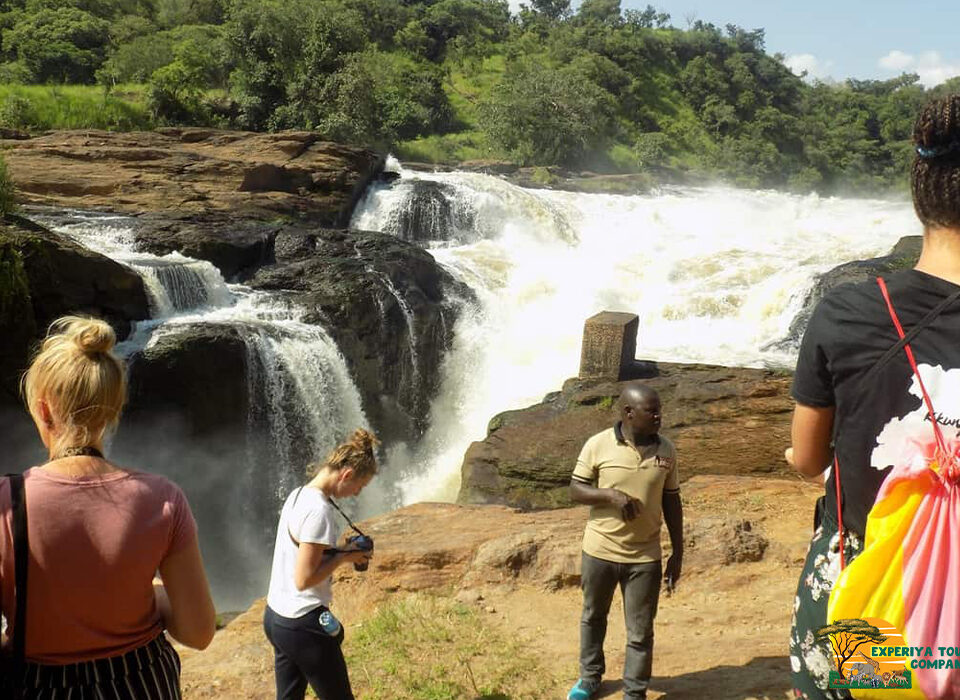
How do Kenyans celebrate national holidays?
November 20, 2025
Are there music festivals in Kenya?
November 20, 2025What Souvenirs Should I Buy From Kenya?
Traveling to Kenya is an unforgettable experience—a journey filled with wildlife encounters, cultural exploration, breathtaking landscapes, and warm hospitality. For many travelers, the desire to take a piece of Kenya home is strong. Souvenirs become more than objects; they become stories, memories, and symbols of a magical adventure. This naturally leads to a common question: What souvenirs should I buy from Kenya? Kenya offers a rich selection of unique, handcrafted, culturally significant, and beautifully made items that reflect the soul of the country. From traditional beadwork to fine art, fashion, carvings, spices, and natural products, the choices are endless.
Kenyan souvenirs are not mass-produced trinkets; they are often made by skilled artisans whose craftsmanship has been passed down through generations. Buying souvenirs in Kenya is not only about acquiring beautiful items—it is also about supporting local communities, preserving traditions, and promoting ethical tourism. Whether you are exploring Maasai villages, browsing Nairobi markets, shopping in boutique stores, or picking treasures along the coast, Kenya’s artistry never disappoints.
Why Kenyan Souvenirs Are So Special
Kenyan crafts and products stand out because they are:
Handmade using traditional techniques
Rich in cultural symbolism
Crafted from locally sourced, natural materials
Deeply tied to Kenya’s heritage
Beautiful, functional, and artistic
Ethically produced by community groups and cooperatives
Each item tells a story—of community, identity, creativity, and resilience.
The Best Souvenirs to Buy in Kenya
Travelers can choose from an incredible range of souvenirs, each representing a piece of Kenyan culture, wildlife, or tradition. Here are some of the most meaningful and popular options.
Maasai Beadwork – A Symbol of Identity and Color
Maasai beadwork is one of Kenya’s most iconic cultural crafts. Made from colorful beads arranged in intricate patterns, Maasai jewelry carries deep symbolism tied to age, social status, marriage, and community identity.
Common beadwork items include:
Necklaces
Bracelets
Earrings
Belts
Headbands
Beaded coasters and decorative pieces
Each color has meaning. For example:
Red symbolizes bravery
Blue represents energy and the sky
White represents purity
Green symbolizes fertility
Maasai women are master beadworkers, and purchasing their creations directly supports rural families and preserves an important cultural artform.
Carved Wooden Sculptures
Kenya is famous for its wooden carvings—beautifully handcrafted pieces that capture wildlife and daily life. Skilled artisans from the Akamba community are known for their precise detail and mastery of carving.
Popular carvings include:
Elephants
Giraffes
Rhinos
Sitting or thinking men
Family figures
Decorative bowls
Masks
These pieces are crafted from local woods such as mahogany, olive wood, and ebony. They make stunning home décor and meaningful gifts.
Soapstone Art from Kisii
Soapstone carvings come from Kisii County and are beloved for their smooth texture, pastel colors, and artistic shapes. Artisans carve soapstone into:
Bowls
Animal figurines
Hearts
Chess sets
African-themed sculptures
Candle holders
Each piece is polished and sometimes dyed in vibrant hues. Soapstone is a beautiful representation of Kenya’s artistry and makes a unique keepsake.
Kiondo Baskets – Sustainable and Stylish
Kiondo baskets, woven by women from the Kamba community, are stylish, durable, and eco-friendly. Made from sisal fiber and leather, these baskets are popular worldwide for their craftsmanship and contemporary design.
Uses include:
Handbags
Storage baskets
Beach bags
Home décor
Each kiondo takes days or even weeks to weave. Buying one supports women’s cooperatives and traditional weaving skills.
Kenyan Coffee and Tea
Kenya is world-renowned for its premium coffee and tea. For many travelers, taking home Kenyan brews is essential.
Kenyan Coffee
Known for its rich aroma, bright acidity, and berry-like flavor notes, Kenyan coffee is considered one of the best in the world. Purchase:
AA-grade coffee
Single-origin estate coffee
Small-batch roasted blends
Kenyan Tea
Kenyan black tea is globally famous for its strength and depth. You can buy:
Loose-leaf tea
Masala tea blends
Purple tea (unique to Kenya)
Coffee and tea make perfect souvenirs—lightweight, practical, and loved by almost everyone.
Kangas and Kikoys – Kenyan Fabrics with Meaning
Kangas
Kangas are colorful cotton fabrics worn by women across East Africa. Each kanga includes a Swahili proverb printed along the bottom, offering wisdom or encouragement. They are often used as:
Wraps
Home décor
Scarves
Table covers
Baby carriers
Kikoys
Kikoys are soft, lightweight fabrics traditionally worn by men but now used by everyone. They come in bright stripes and are perfect as beach wraps, scarves, or blankets.
Both kangas and kikoys are meaningful, versatile souvenirs that showcase Kenyan textile artistry.
Kenyan Leather Goods
Kenya produces high-quality leather products made by skilled artisans. Items include:
Belts
Handbags
Wallets
Sandals
Laptop bags
Passport holders
Kenyan leather is durable, stylish, and crafted with care.
Safari Clothing and Accessories
Travelers often purchase safari-themed items such as:
Wide-brim hats
Scarves
African-print clothing
Canvas bags
Handmade jewelry
These items are both functional and fashionable—perfect reminders of your safari adventure.
Local Spices and Food Products
Kenyan cuisine is flavorful, aromatic, and influenced by Swahili, Indian, and African traditions. Popular spices and food souvenirs include:
Pilau masala
Chai masala
Ginger powder
Cloves and cardamom
Kenyan honey
Peanut snacks (njugu karanga)
Dried fruits
Coconut products
These items bring the taste of Kenya into your kitchen back home.
 Art and Paintings
Art and Paintings
Kenyan art is bold, expressive, and deeply rooted in culture. Popular art styles include:
Maasai-themed paintings
Wildlife canvases
Abstract African art
Tinga Tinga-style pieces
Beaded portraits
Nairobi’s art galleries and markets are excellent places to find unique works from talented artists.
Music, Instruments, and Cultural Items
Travelers can take home musical instruments, including:
Drums
Kayamba (handheld percussion instrument)
Flutes
Thumb pianos (kalimba)
Other cultural items include:
Shield replicas
Spears (for display)
Traditional gourds
Decorative masks
These items are meaningful pieces of Kenya’s cultural heritage.
Jewelry and Gemstones
Kenya is home to a variety of beautiful gemstones, including:
Tsavorite
Ruby
Sapphire
Tanzanite (from neighboring Tanzania but widely sold in Kenya)
You can also find handcrafted jewelry made from brass, horn, bone, and recycled materials.
Where to Buy Souvenirs in Kenya
Travelers can find souvenirs in:
Masai Market (Nairobi, Mombasa, Kisumu)
Village Markets and craft centers
Kiko Romeo boutiques
Kazuri Bead Factory
Banana Box
Utamaduni Craft Centre
Local Maasai villages
Fair Trade shops
Markets in Diani, Lamu, and Malindi
These places offer authentic products while supporting artisans.
Tips for Buying Souvenirs in Kenya
Bargain respectfully in open markets
Support local artisans when possible
Choose quality over quantity
Check for fair-trade certification when available
Avoid illegal wildlife products
Carry cash (M-Pesa is widely accepted too)
These steps ensure a responsible and enjoyable shopping experience.
Why Buying Souvenirs From Kenya Matters
Purchasing souvenirs in Kenya:
Supports artisans
Preserves cultural traditions
Promotes ethical tourism
Empowers women in rural communities
Strengthens local economies
Creates meaningful memories
Your purchase becomes part of a bigger story—one that benefits both you and the communities you visited.
So, What Souvenirs Should You Buy From Kenya?
Kenya offers a wide array of meaningful souvenirs, including Maasai beadwork, wooden carvings, soapstone art, baskets, textiles, spices, coffee, tea, leather goods, and fine art. Each item tells a story of heritage, creativity, and the warmth of Kenyan people. Whether you prefer practical gifts, cultural pieces, or decorative treasures, you will find something unforgettable that captures the heart of Kenya.
Shop Kenya’s Best Souvenirs With Experiya Tour Company
To explore Kenya’s markets, artisan workshops, and cultural shopping destinations, travel with the experts. Experiya Tour Company offers guided shopping tours, cultural experiences, village visits, and artisan workshops where you can meet creators, learn about their craft, and buy authentic souvenirs with confidence. For a rich cultural and shopping experience in Kenya, book your journey with Experiya Tour Company.




